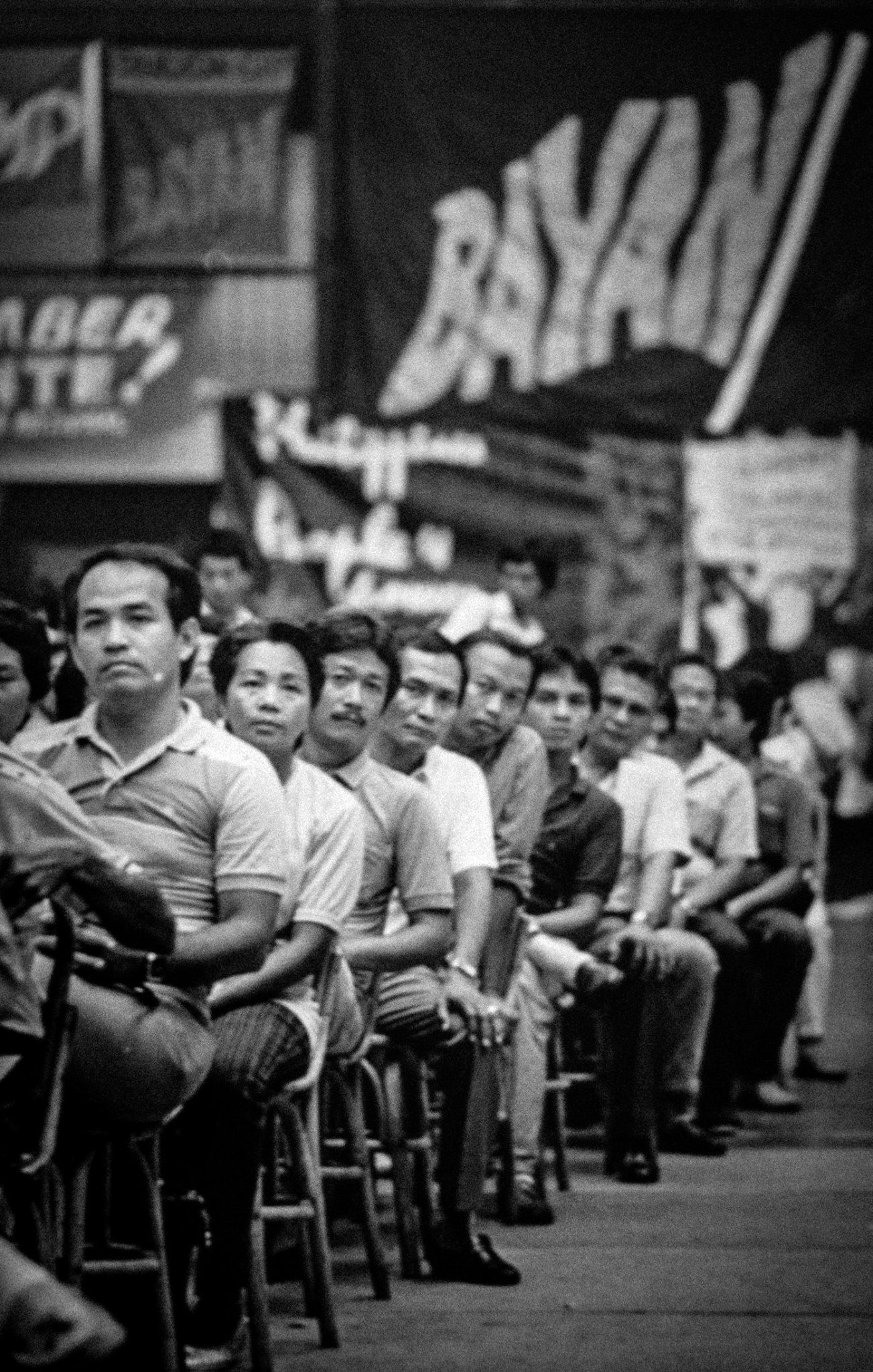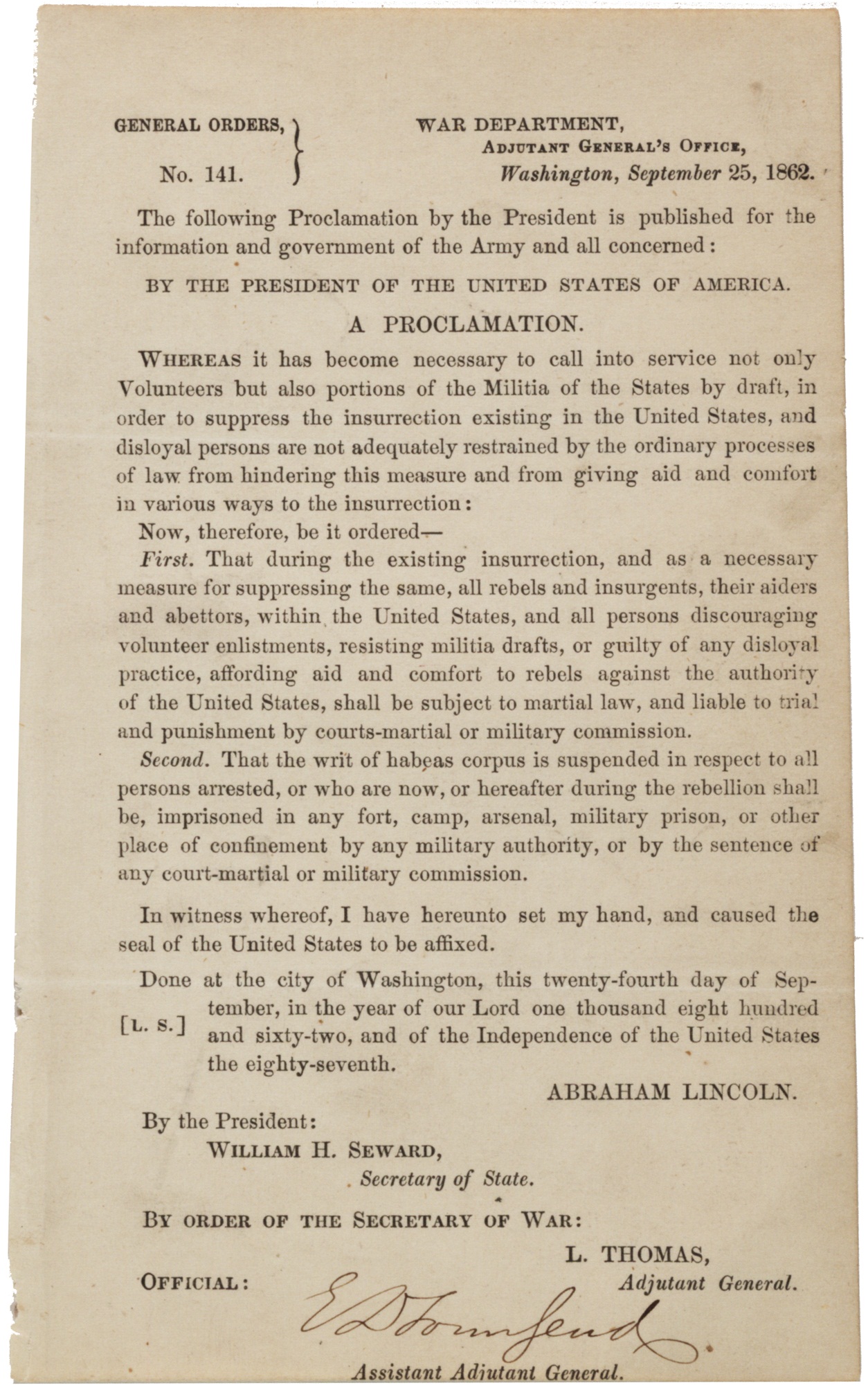Martial Law: A History Of Suspending Civil Liberties For National Security
Martial Law: A History of Suspending Civil Liberties for National Security
Editor's Notes: Martial Law: A History of Suspending Civil Liberties for National Security was published today exploring the history of martial law, its impact on civil liberties, and its relevance to modern society.
To help our readers understand the topic, our team has analyzed and compiled information from various sources to create this comprehensive guide.
Key Differences or Key Takeaways
Here are some key takeaways from the guide:
| Martial Law | Civil Liberties | |
|---|---|---|
| Definition | Temporary imposition of military rule over a civilian population | Fundamental rights and freedoms guaranteed to individuals by law |
| Purpose | Restore order and security during emergencies | Protect individuals from government overreach |
| Impact | Suspension of civil liberties, increased military presence | Limitations on freedom of speech, assembly, and due process |
Transition to Main Article Topics
The guide delves into the following topics:
FAQ
This FAQ section provides concise answers to commonly asked questions regarding the historical suspension of civil liberties for national security purposes, as explored in the book "Martial Law: A History Of Suspending Civil Liberties For National Security".
Question 1: What are the key reasons for imposing martial law?
Martial law is typically declared in times of extreme crisis, such as war, insurrection, or natural disasters. It allows the military to assume temporary control of civilian functions to restore order, maintain public safety, and protect national interests.

Martial Law images: A retrospective - Source www.rappler.com
Question 2: How does martial law affect civil liberties?
Martial law often entails the suspension of certain civil liberties, including freedom of speech, assembly, and due process. This is done to prevent the spread of misinformation, maintain order, and ensure the swift implementation of security measures.
Question 3: What are the potential consequences of prolonged martial law?
Prolonged martial law can lead to the erosion of civil liberties, undermine the rule of law, and create a climate of fear and repression. It is crucial to balance national security concerns with the preservation of fundamental rights.
Question 4: What are the historical examples of martial law?
Throughout history, martial law has been imposed in various countries, including the United States during the Civil War and the Philippines under President Marcos. These cases provide valuable insights into the challenges and potential pitfalls of suspending civil liberties.
Question 5: What are the safeguards against the abuse of martial law?
To prevent the abuse of martial law, it is essential to establish clear legal frameworks, oversight mechanisms, and accountability measures. These safeguards ensure that the military's authority is limited and subject to judicial review.
Question 6: What is the ultimate goal of martial law?
The ultimate goal of martial law is to restore stability and protect the nation from imminent threats. It is a temporary measure that aims to create a secure environment where civil liberties can be gradually restored and the rule of law can be re-established.
Understanding the complexities of martial law and its implications for civil liberties is crucial for informed decision-making and ensuring a balance between national security and individual rights.
Let us move on to the next section, which explores the historical origins of martial law and its evolution over time.
Tips

A proclamation on the suspension of habeas corpus, 1862 | Gilder - Source www.gilderlehrman.org
A key strategy for preserving civil liberties during emergencies is to carefully consider the limits of the government's powers and to ensure that they are not abused. Martial Law: A History Of Suspending Civil Liberties For National Security provides a historical overview of the use of martial law and the suspension of civil liberties in the United States and other countries. The following tips offer guidance on how to protect these freedoms during times of crisis:
Tip 1: Define the Scope of Martial Law
Clearly define the geographic area and duration of martial law and establish a clear chain of command to prevent the abuse of power. Limit the scope of martial law to what is strictly necessary to address the emergency.
Tip 2: Establish Proper Oversight
Create an independent oversight mechanism, such as a civilian review board or judicial panel, to monitor the government's actions during martial law. This body should have the authority to investigate complaints, issue reports, and make recommendations to the government.
Tip 3: Limit the Suspension of Rights
Suspend only those civil liberties that are absolutely necessary to address the emergency. Avoid blanket suspensions of rights, as this can lead to the erosion of fundamental freedoms.
Tip 4: Provide for Judicial Review
Establish a clear process for individuals to challenge the legality of martial law or the suspension of their rights. Courts should have the authority to review government actions and provide remedies for any violations of the law.
Tip 5: Plan for the Termination of Martial Law
Develop a clear plan for the termination of martial law and the restoration of civil liberties. This plan should include specific timelines and procedures to ensure a smooth transition back to normal governance.
By following these tips, governments can help to protect civil liberties during emergencies while still maintaining the necessary powers to address threats to national security.
Martial Law: A History Of Suspending Civil Liberties For National Security
Martial law, a serious measure suspending civil liberties, has a long history, often implemented for national security.
- Imposition of Military Rule
- Suspension of Habeas Corpus
- Restriction of Free Speech
- Curtailment of Assembly Rights
- Imposition of Curfews
- Expansion of Detention Powers
These aspects depict the profound impact of martial law, from empowering the military to suppress dissent to arbitrarily detaining individuals. Historically, martial law has been invoked during wartime or civil unrest. For instance, during the American Civil War, President Lincoln suspended habeas corpus, allowing for the indefinite detention of suspected Confederate sympathizers. Such measures, while intended to maintain order, raise concerns about the erosion of fundamental freedoms and the potential for abuse.

NSA Announces New Civil Liberties and Privacy Officer > National - Source www.nsa.gov
Martial Law: A History Of Suspending Civil Liberties For National Security
The suspension of civil liberties during times of national security concerns is a controversial but necessary topic to explore. Martial law, the imposition of military authority over civilian populations, has been used throughout history as a means to maintain order and protect national interests. However, this suspension of civil liberties can have far-reaching consequences for individuals and society as a whole.
![[WATCH] Martial Law in retrospect: Where do we go from there? [WATCH] Martial Law in retrospect: Where do we go from there?](https://www.rappler.com/tachyon/2022/04/martial-law-in-retrospect-scaled.jpg)
[WATCH] Martial Law in retrospect: Where do we go from there? - Source www.rappler.com
The book "Martial Law: A History Of Suspending Civil Liberties For National Security" provides a comprehensive overview of the history and implications of martial law. The author, Robert Justin Goldstein, argues that martial law is a double-edged sword. While it can be an effective tool for maintaining order during times of crisis, it can also lead to the erosion of civil liberties and the abuse of power.
Goldstein provides several examples of how martial law has been used throughout history. In the United States, martial law was imposed during the Civil War, the Reconstruction era, and World War II. In each case, the suspension of civil liberties was justified as a necessary measure to protect the nation from internal and external threats. However, Goldstein also shows how martial law can be used to suppress dissent and silence opposition.
The book concludes with a discussion of the ongoing debate over martial law. Goldstein argues that the decision to impose martial law is a complex one that should not be taken lightly. He calls for a balanced approach that protects both national security and civil liberties.
Conclusion
The suspension of civil liberties during times of national security concerns is a complex issue with no easy answers. Martial law can be an effective tool for maintaining order, but it can also lead to the erosion of civil liberties and the abuse of power.
The book "Martial Law: A History Of Suspending Civil Liberties For National Security" provides a valuable overview of the history and implications of martial law. The author, Robert Justin Goldstein, argues that the decision to impose martial law is a complex one that should not be taken lightly. He calls for a balanced approach that protects both national security and civil liberties.
Thần Tài: Vị Thần May Mắn Và Giàu Có Của Việt Nam, Văn Khấn Hoá Vàng 2025: Cầu Bình An, May Mắn, Phúc Lộc Đong Đầy, The New York Yankees: A Legacy Of Greatness And Unwavering Passion, Karon Hylton-Brown: Trailblazing Photographer And Advocate For Black Representation In The Arts, Discover The Home Of The Demon Deacons: Exploring Wake Forest University, Marvel Confirms Acquisition Of Silver Sable Cinematic Rights For Spider-Man Spin-Off Movie, Doug Pederson: Jacksonville Jaguars Head Coach And Former Super Bowl Champion, The Unfiltered Life Of Gretchen Rossi: Reality Star, Podcast Host, And Health Advocate, Unc Vs Pitt: ACC Coastal Showdown For College Football Supremacy, Nebraska Cornhuskers Vs. Purdue Boilermakers: Big Ten Conference Showdown,